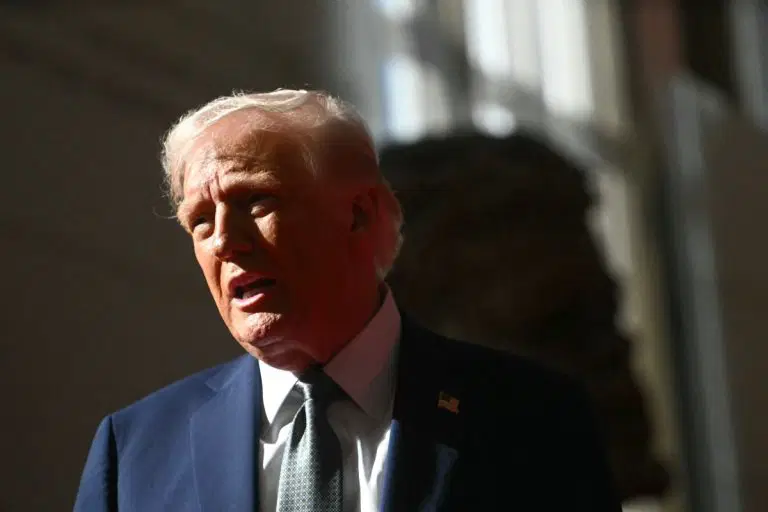Former U.S. President Donald Trump has suggested terminating government contracts and subsidies awarded to Elon Musk’s companies, describing it as an immediate and effective budget-saving measure.

In a post on his Truth Social platform on June 5, 2025, Trump stated,
“The easiest way to save money in our Budget, Billions and Billions of Dollars, is to terminate Elon’s Governmental Subsidies and Contracts. I was always surprised that Biden didn’t do it!”
Trump’s plan includes eliminating federal support for major Musk-led firms such as SpaceX—one of NASA’s top contractors—along with other forms of government backing. The statement follows a sharp escalation in his public dispute with Musk over the proposed One Big Beautiful Bill Act, a tax-and-spending package featuring cuts to electric vehicle incentives favored by Musk.
Contractual Value at Stake
Musk-affiliated companies have long benefited from sizeable government contracts and subsidies. For instance, SpaceX received approximately $3.8 billion in federal grants in 2024, while Tesla benefited from about $2 billion in electric vehicle tax credits.
Trump’s suggestion promises to overturn those financial advantages if his proposed measures are implemented.
Political Ramifications of the Feud
The rift marks a striking reversal in the Trump–Musk relationship. Musk was previously a prominent ally and donor, backing Trump’s 2024 campaign with over $250 million. The deterioration in ties began after Musk criticized Trump’s fiscal plan, and Democrats speculated Musk may even have contributed to Trump’s campaign victory.
In response, Musk took to social media, expressing dismay, hinting at Trump’s connection to the Epstein files, and joining calls for impeachment. The fallout has rippled through financial markets, with Tesla shares falling about 14%, wiping out over $150 billion in market value.
In Context
Trump has previously leveraged federal spending as a political tool, withdrawing support from universities and other institutions perceived as oppositional during his time in office. The proposed cuts are part of a broader pattern of using funding to influence or punish adversaries.







